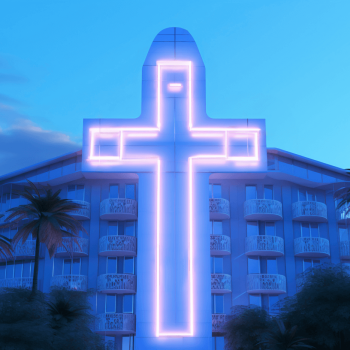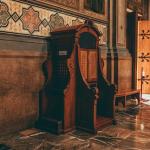INTRODUCTION Most of the Beatitudes are in the third person, but in verses 11-12 Jesus addresses the people directly: “Blessed are you.” That third-person address continues into verses 13-16. Jesus is addressing the same group. The people who fulfill Israel’s calling to be salt and light are the persecuted. THE TEXT “You are the salt of the earth; but if the salt loses its flavor, how shall it be seasoned? It is then good for nothing but to be thrown... Read more




















